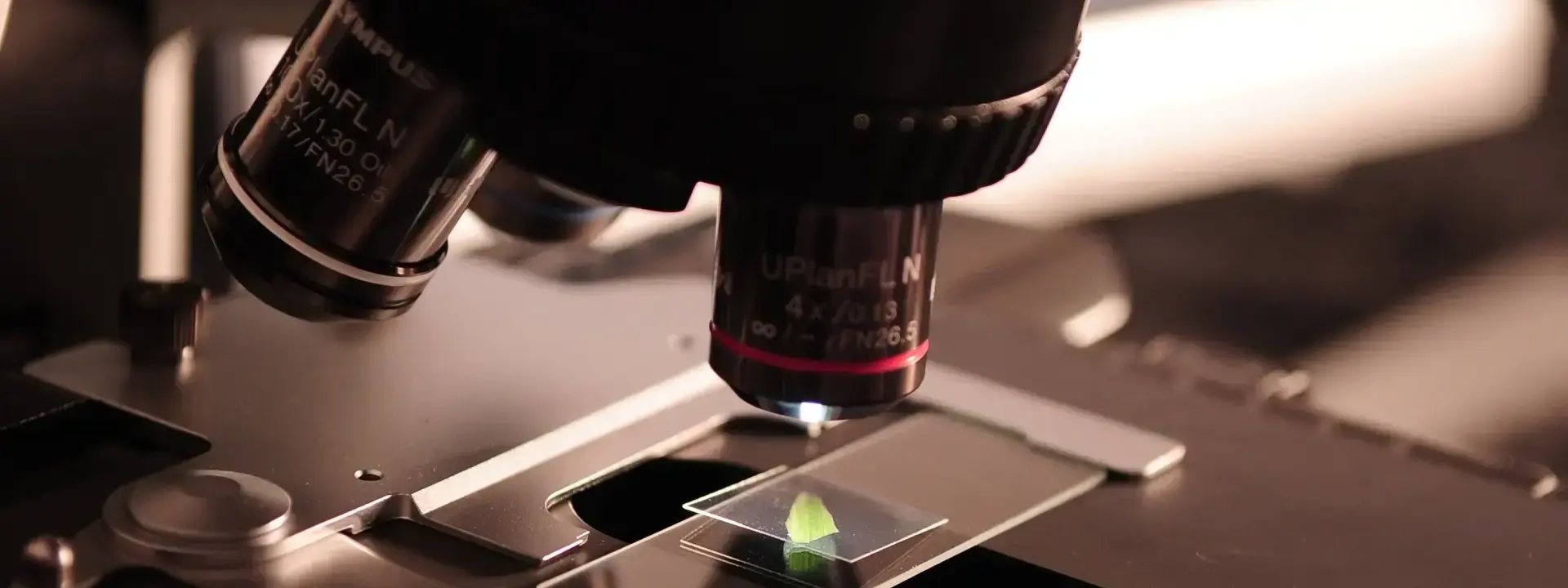
Science Job Description
What is a Science Professional?
A science is a systematic enterprise that builds and organizes knowledge in the form of testable explanations and predictions about the universe. A scientist is someone who engages in this enterprise, which is also called scientific research. Most scientists work in one or more scientific fields. A field is a branch of science that deals with a specific aspect of the natural world. For example, the field of astronomy deals with the study of the universe beyond Earth, while the field of biology deals with the study of living things. Within each field, scientists usually specialize in a particular area of research. For example, a biologist may specialize in the study of plants, while an astronomer may specialize in the study of stars. Scientists use the scientific method to conduct their research. The scientific method is a set of principles and procedures that scientists use to gain knowledge about the world. It includes making observations, formulating hypotheses, testing hypotheses, and drawing conclusions. Observations are pieces of information that scientists gather about the world around them. They can be made using the five senses, or they can be made using tools such as telescopes and microscopes.
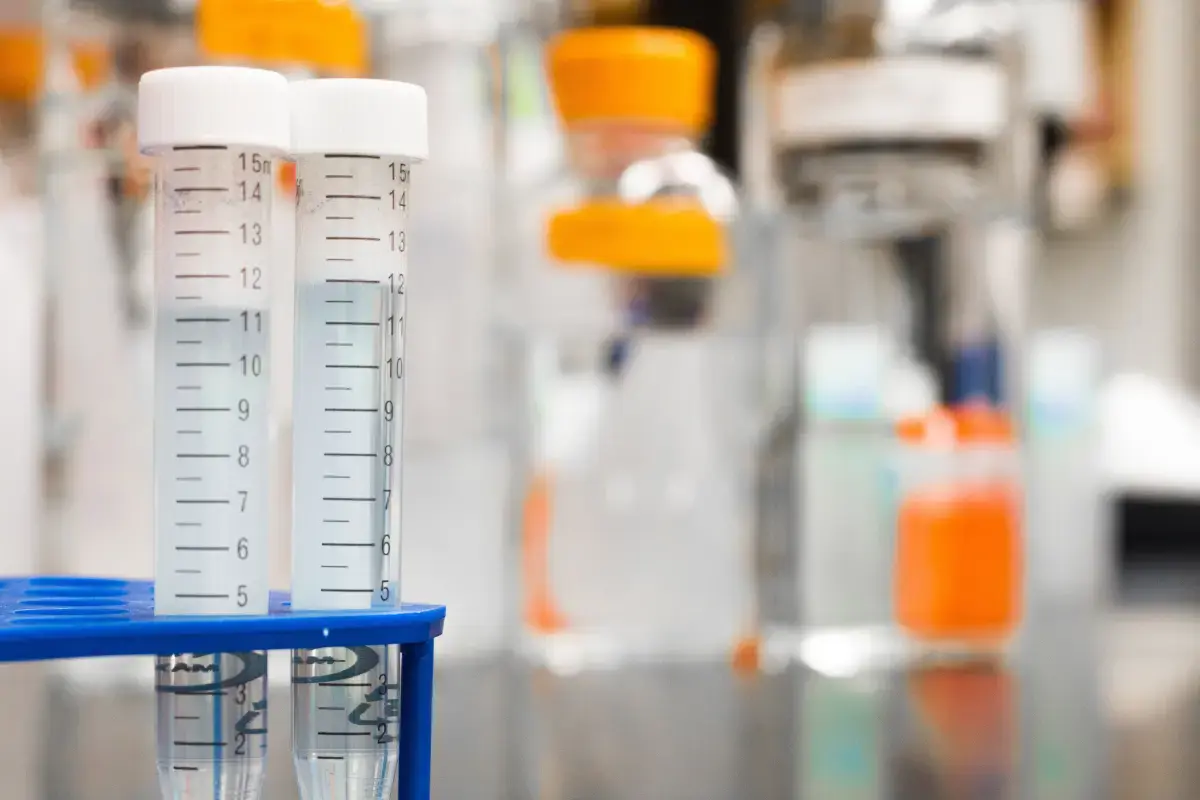
What does a Science Expert do?
Hypotheses are proposed explanations for observations. For example, a hypothesis might explain why a particular plant is attracted to light. Testing hypotheses is a crucial part of the scientific method. Scientists test hypotheses by conducting experiments. An experiment is a controlled test in which variables are manipulated to observe the effects on the results. Drawing conclusions is the final step in the scientific method. After conducting experiments and analyzing the results, scientists draw conclusions about the hypotheses. If the evidence supports the hypotheses, the hypotheses are considered to be true. If the evidence does not support the hypotheses, the hypotheses are considered to be false. The scientific method is an ongoing process. Scientists may revise their hypotheses based on new evidence, and they may conduct new experiments to test their revised hypotheses. In this way, scientists are constantly learning new things about the world around them.

What are the Skills of a Science?
A scientist is someone who studies the natural world and tries to understand how it works. There are many different types of scientists, each with their own specific area of expertise. Some scientists study the stars and planets, while others study the molecules that make up our cells. No matter what their specialty, all scientists share a common goal: to learn about the world around us and to share that knowledge with others. In order to be a successful scientist, one must have a passion for learning and a willingness to ask questions. A scientist must also be able to think critically and to solve problems. A scientist must be able to communicate clearly, both in writing and in speech. And finally, a scientist must be able to work well with others. A successful scientist also has a solid foundation in math and science. A scientist must be able to understand and use the scientific method. A scientist must also be familiar with the tools of the trade, such as microscopes and computers.

What makes an Expert Science?
In addition to these basic skills, a scientist needs to have specialized knowledge in their field of study. For example, a biologist needs to know about the different types of cells, while a chemist needs to know about the different types of molecules. A physicist needs to know about the different forces that govern the universe. No matter what type of scientist you want to be, you will need to get a college degree in a science-related field. After you have your degree, you will need to complete a postdoctoral fellowship or a residency program. These programs will give you the opportunity to work with experienced scientists and to learn more about your chosen field of study. With hard work and dedication, you can become a successful scientist.
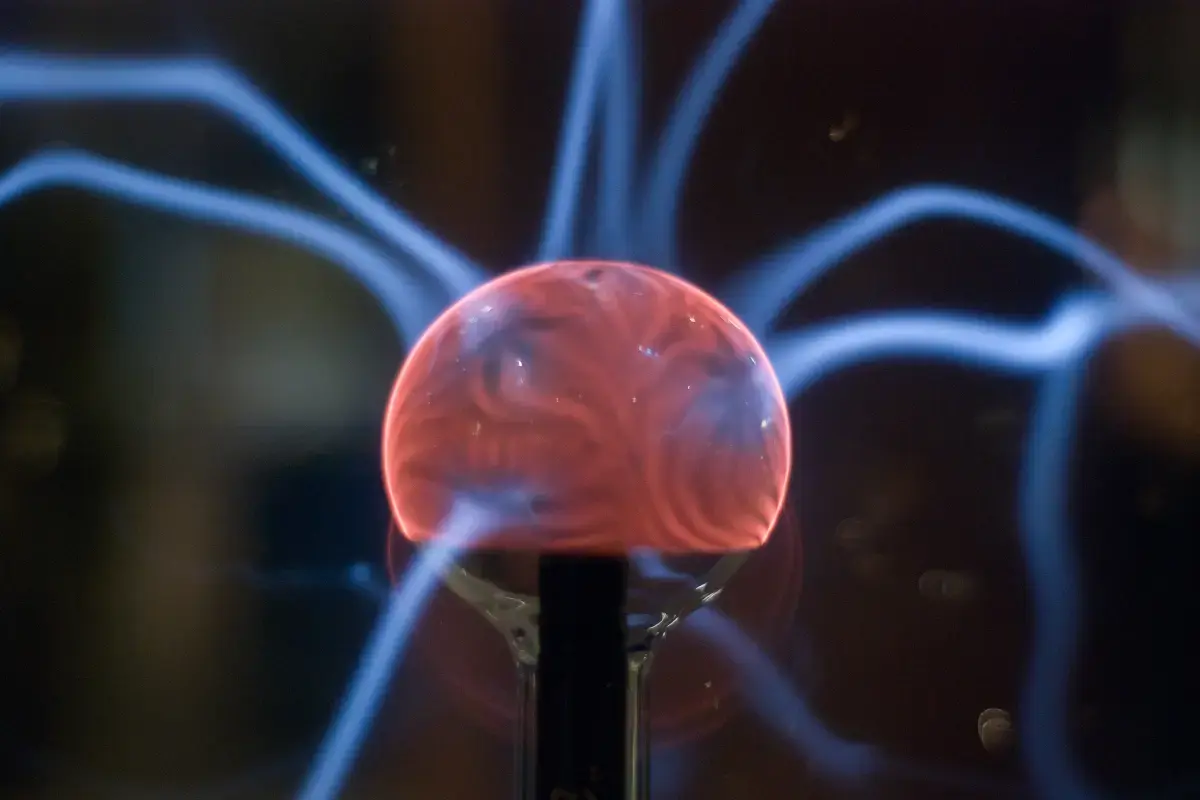
What level of Experience & Qualifications are required to be a Science?
Industry Experience: 1. Previous experience working in a scientific field, such as research and development, laboratory work, or teaching. 2. Knowledge of applicable regulations for the specific industry or area of expertise (e.g., pharmaceuticals). 3. Demonstrated ability to develop experiments and analyze data accurately and efficiently according to best practices in the relevant field(s). 4. Ability to apply problem-solving skills to develop creative solutions within established protocols/standards/guidelines when needed. Training: 1. Certification from an accredited institution related to the specific area of expertise (e.g., chemistry) is preferred but not required depending on employer preferences and state laws governing licensing requirements associated with certain industries (such as health care). 2. Formal training courses that cover topics related specifically to the position being sought are beneficial if available through local colleges or universities; these may include courses in biochemistry, computer science, mathematics, physics etc.. Qualifications: 1 A Bachelor’s degree from an accredited university majoring in a scientific discipline (chemistry , biology , mathematics ) . 2 Masters Degree or higher educational attainment is preferred by some employers for more advanced positions requiring specialized knowledge/skills sets . 3 Ability to think critically about complex situations , identify patterns & problems , draw logical conclusions & devise reliable solutions . 4 Proficiency with computers & software programs used by scientists such as Excel spreadsheets & other statistical analysis tools . 5 Excellent written communication skills for producing technical reports / publications describing results of experiments conducted / findings observed during research projects . 6 Good verbal communication skills necessary for presenting ideas clearly during meetings / conferences attended by colleagues / peers both inside outside organization where employed ; must also be able demonstrate leadership capabilities when appropriate situations arise while leading team members assigned tasks delegated them achieve common goals set forth upper management personnel
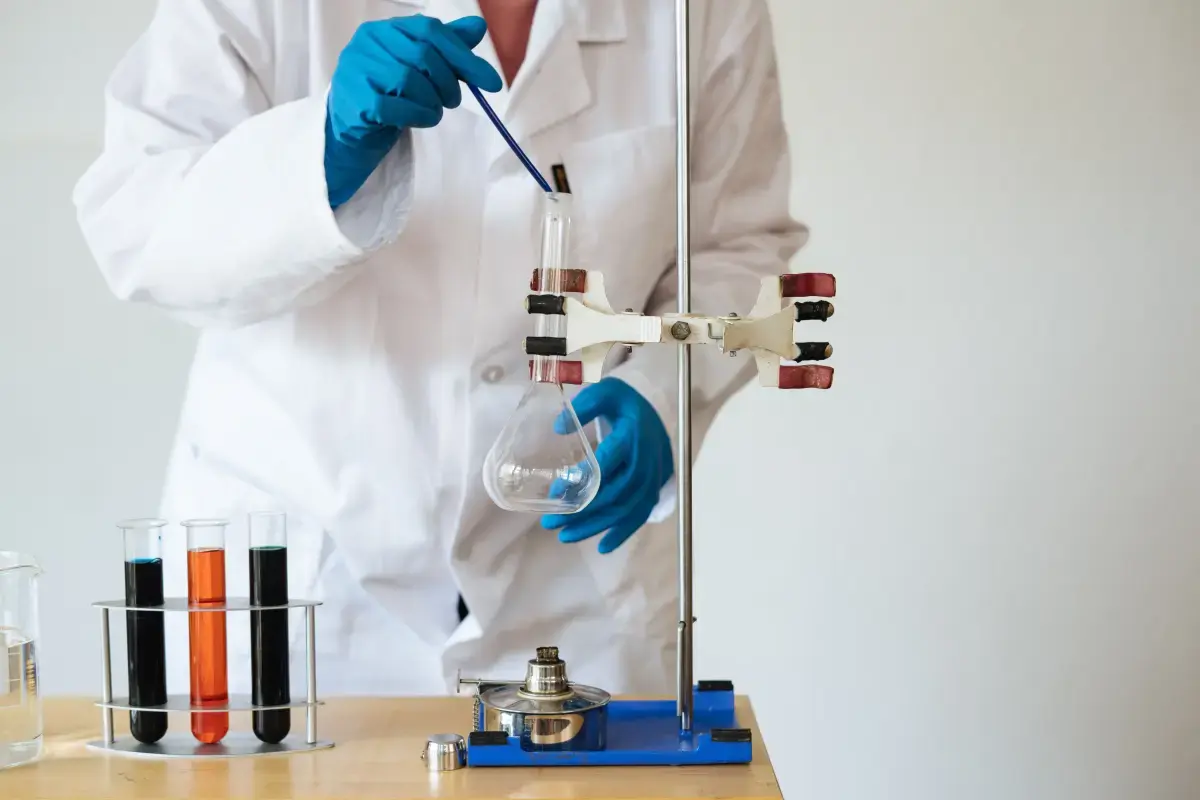
What is the Salary of a Science?
The salary expectations for a scientist can vary greatly depending on their level of experience, education and the type of work they are doing. For entry-level scientists with minimal experience, salaries typically start around $30,000 to $40,000 per year. As a scientist gains more experience and advances in their career field, salaries may increase up to $75,000 or higher. Senior scientists who have many years of research experience and expertise often earn at least six figures annually. Those working in academic positions may also receive additional compensation through grants or other sources that could potentially boost earnings significantly above these base levels.

What are the Working Conditions for a Science?
The general working conditions for a scientist vary, depending on the type of job and research field. Generally, scientists must have excellent analytical skills and be able to work independently or as part of a team. Additionally, they may need strong communication and problem-solving abilities in order to effectively collaborate with colleagues or present their findings at conferences. Typically, scientists also must adhere to strict safety guidelines when conducting experiments or handling hazardous materials. They may be required to wear protective clothing such as lab coats, goggles and gloves while performing experiments in laboratories. In addition, many scientific jobs require long hours spent researching data analysis or writing reports which can involve prolonged periods sitting in front of computer screens if not done outdoors collecting samples from nature etc.. Finally; depending upon the particular science being studied there could be regular travel involved both nationally and internationally often requiring very flexible schedules including overnight stays away from home potentially over extended periods of time too.
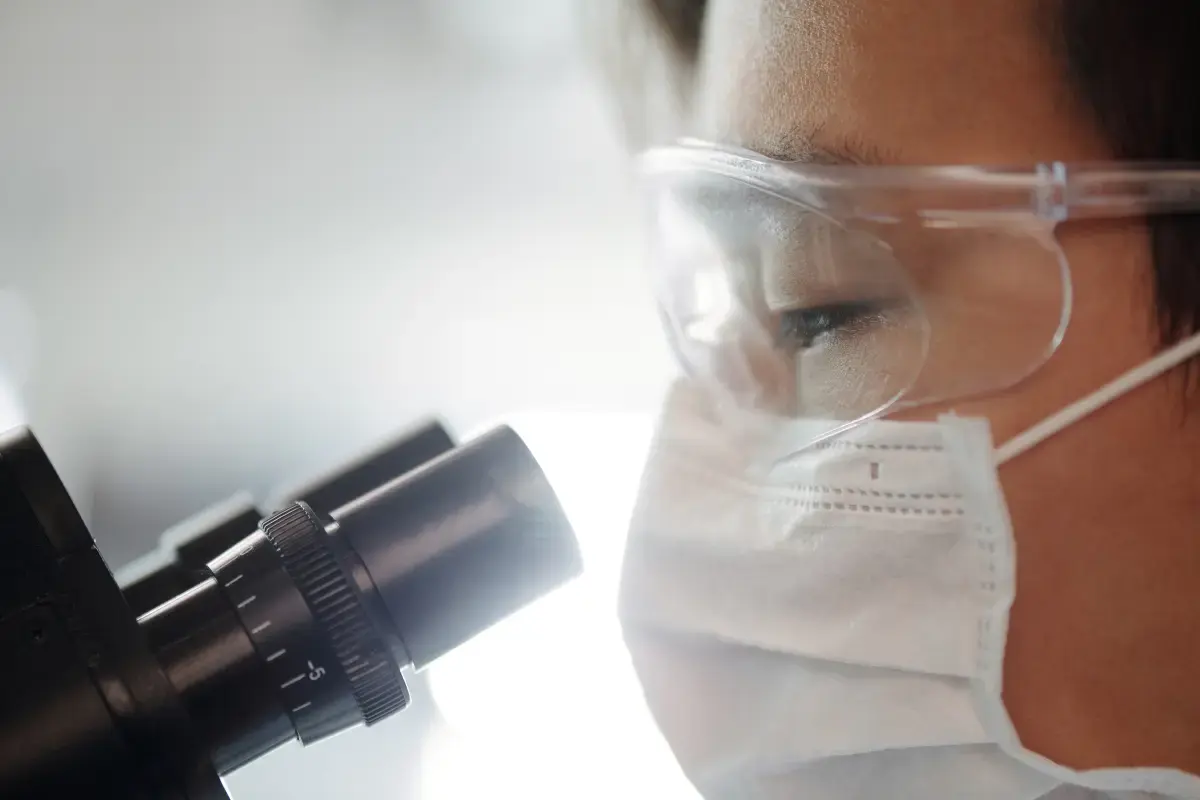
What are the roles and responsibilities of a Science?
To develop and conduct scientific experiments
To collect data and samples
To analyze data and samples
To develop hypotheses
To test hypotheses
To develop models
To test models
To develop theories
To test theories
To publish scientific papers
To present scientific findings
To collaborate with other scientists
To mentor other scientists
To review scientific papers
To serve on scientific committees
To seek funding for scientific research
To manage scientific research projects
To teach science courses
To popularize science
To communicate with the public about science
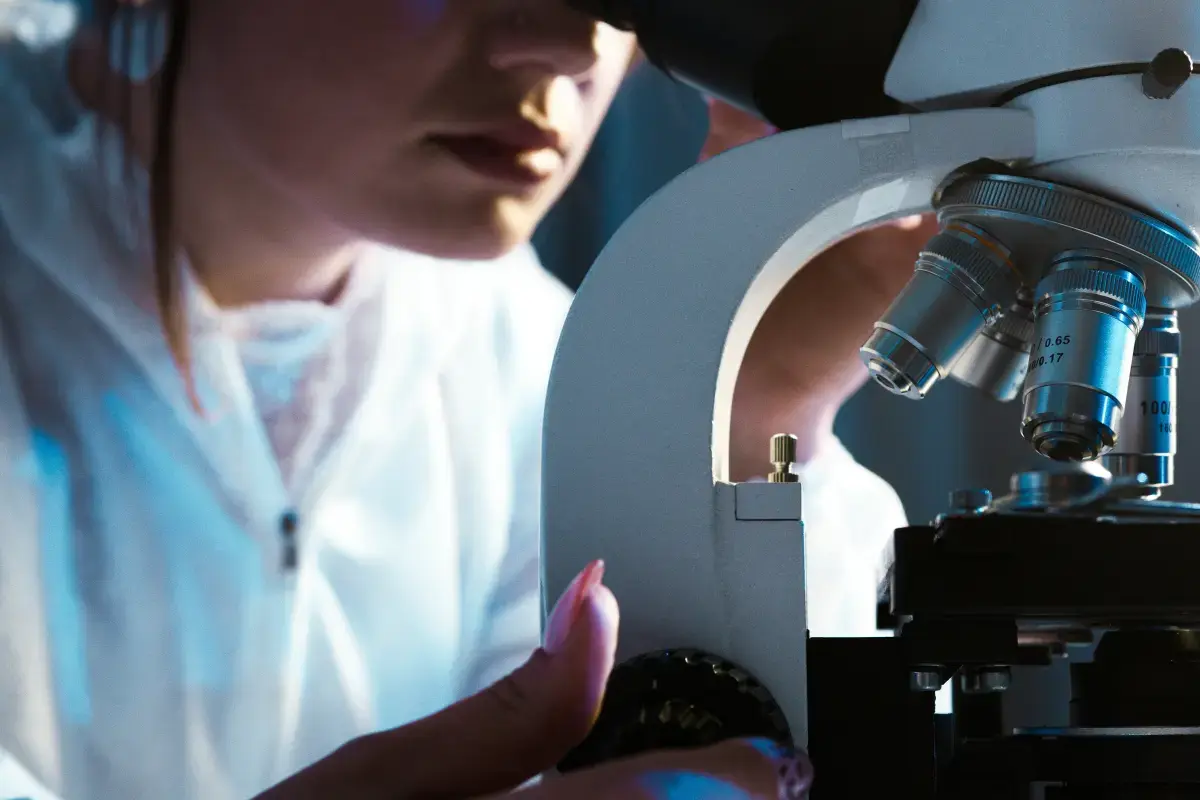
Where can I find Science jobs?
- Create a profile on gigexchange and promote your Science skills to advertise you are Open to New Work Opportunities
- Ensure your Resume (or CV), or online work profile is up to date and represents your skills and experience. Ensure your reputation reflects your ability & attitude.
- Apply for Science Jobs advertised on gigexchange.
- Practise Science interview techniques to ensure you represent your personality and ability succinctly and confidently.
- Accept the job offer if the salary meets your expectations and the employer mission and purpose reflects your core values.
Jobs
What are the best job boards for Scientist jobs?

How can I hire Science staff online for my business?
The best job board for recruiting Science experts is gigexchange.com. Advertise full-time, part-time or contract jobs to find, hire & recruit trusted, experienced and talented Science candidates near you.

Are Science roles in demand in 2026?
Science experts are still in high demand in 2026. If you are an experienced Science or looking to train and become one. The job market is looking strong for Science jobs near me.